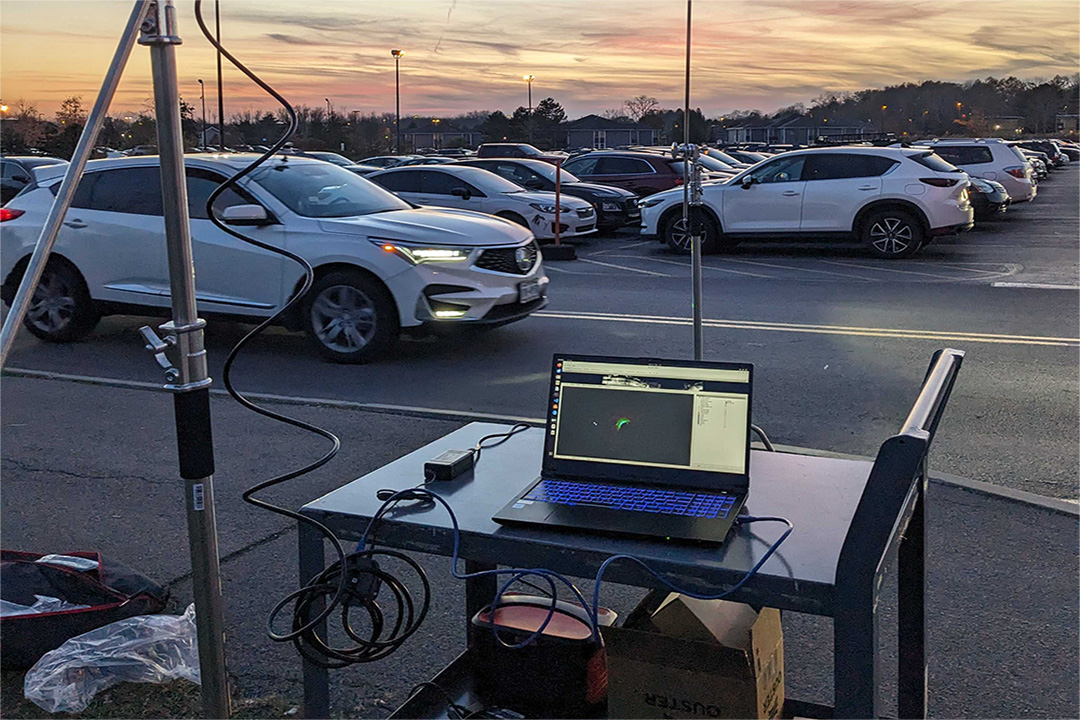Cybersecurity professor and Ph.D. students to present autonomous driving research at ACM MobiSys ’24 Conference
Paper marks first time someone from RIT has published at highly selective conference
Fawad Ahmad
The paper addresses solutions for occlusions and blind spots that hinder autonomous driving.
Fawad Ahmad, assistant professor in the Department of Computer Science and ESL Global Cybersecurity Institute at RIT, along with computing and information sciences Ph.D. candidates Kaleem Nawaz Khan and Ali Khalid, will present new research at the prestigious ACM International Conference on Mobile Systems, Applications, and Services (ACM MobiSys’24 Conference) in Tokyo, Japan in June. The conference is highly selective with an acceptance rate of only 16%. Their paper, VRF: Vehicle Road-side Point Cloud Fusion, marks the first time RIT researchers have published at the conference.
The paper addresses solutions for occlusions and blind spots that hinder autonomous driving. The RIT team, along with collaborators Yash Turkar and Karthik Dantu from the University at Buffalo have developed a system that enables road-side mounted sensors to share and combine their 3D data with the vehicle’s own sensors. This creates a more complete picture of the surroundings, extending the car's "vision" beyond its own limitations.
“Our system, VRF, shares and fuses 3D views from a road-side sensors to a vehicle in real-time with high accuracy,” said Ahmad. “VRF is particularly impressive in that can share and fuse 3D data in under 20 milliseconds, which is crucial for real-time decision making in self-driving cars. At the same time, it maintains high accuracy, achieving positioning within 5 centimeters.”
With VRF, vehicles will have a more complete understanding of their surroundings. With this, vehicles will have more time to react to external events, make more informed decisions, and hence drive safer.
The conference takes place June 3 – 7, 2024.







